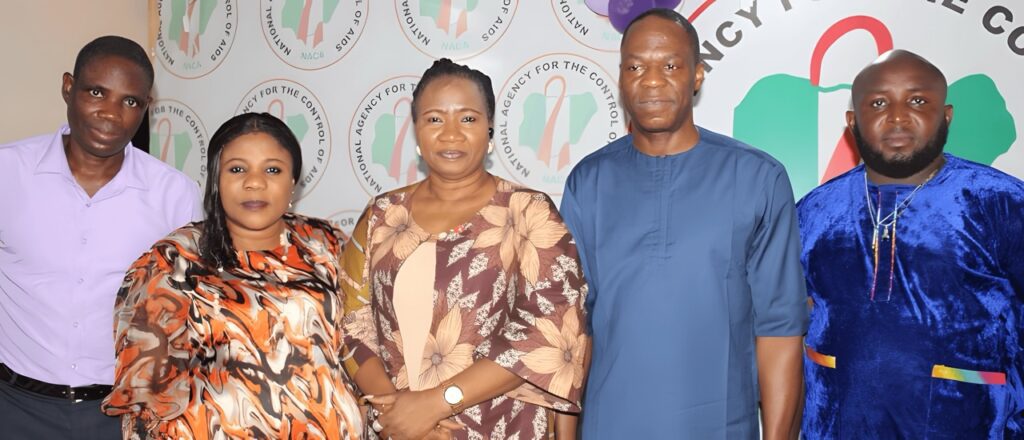The National Agency for the Control of AIDS (NACA) has forged a groundbreaking partnership with the Global Fund to tackle gender and human rights barriers in the fight against HIV in Nigeria. This collaborative effort, announced by NACA’s Director-General, Dr Gambo Aliyu, represents a significant stride towards ensuring equal rights and opportunities for all individuals affected by HIV.
Dr Aliyu emphasized that the battle against HIV is hindered by numerous obstacles, including gender-based discrimination and human rights violations. These challenges worsens the impact of HIV, perpetuating stigma and discrimination and impeding access to essential healthcare services.
“People living with, vulnerable to, or affected by HIV are entitled to the enjoyment of all human rights and equal participation in civil, political, social, economic, and cultural life, free from prejudice, stigma, or discrimination,” Dr Aliyu stated. However, many individuals are unaware of their rights or lack the means to seek redress when necessary. Therefore, the sensitization and popularization of the provisions of access to justice related to human rights, gender-based violence, and the national HIV & AIDS response are essential.
To address these issues, NACA and the Global Fund will launch a comprehensive three-month sensitization program from October to December. This initiative will focus on combating prevailing gender and human rights challenges faced by individuals living with or affected by HIV. It underscores the government’s commitment to championing equal rights and well-being for all people living with HIV and creating a more inclusive and equitable society.
The program’s objectives encompass reinforcing public awareness of the National HIV and AIDS Anti-discrimination Act of 2014, raising consciousness about the intricate interplay of gender and human rights in the context of HIV/AIDS, and empowering the general population with knowledge on how to take action in cases of rights violations among individuals affected by HIV/AIDS, including guidance on reporting grievances and accessing available redress mechanisms.
The sensitization program will feature a range of activities, including workshops, webinars, community outreach initiatives, and awareness campaigns. It will engage various stakeholders, including healthcare providers, civil society organizations, affected individuals, and the broader public, in the collective effort to address these critical issues surrounding HIV and human rights in Nigeria.


